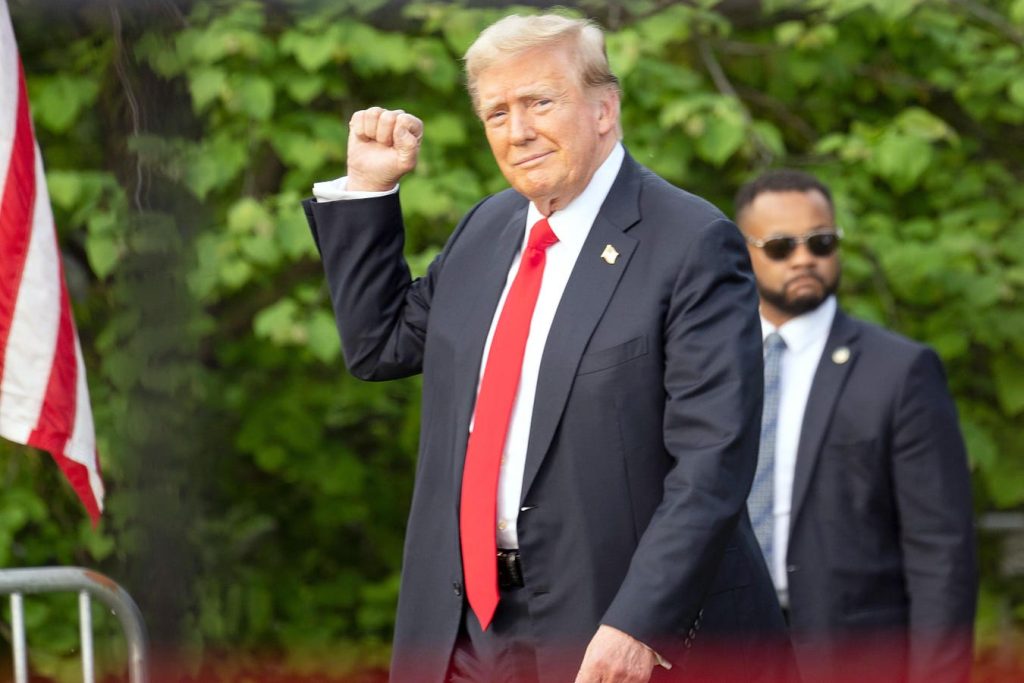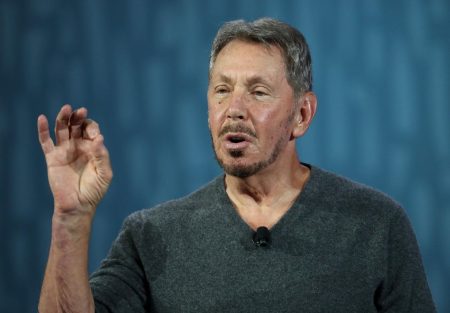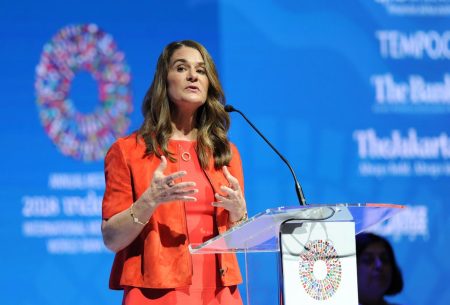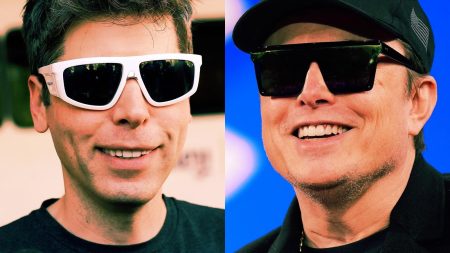Donald Trump is under scrutiny for his campaign finances, as it has been revealed that the Secret Service has paid his campaign over $800,000 for airfare this election cycle, with an additional $361,000 owed. The campaign, in turn, has paid $4.2 million to one of Trump’s companies, Tag Air, using funds from donors. The question arises whether Trump is using his campaign to convert Secret Service funds into business revenue.
It is unclear if all the payments from the Secret Service cover flights on Trump’s personal aircraft or other planes. Tag Air, in which Trump holds a 100% stake, is the primary airfare provider for his campaign. While it is legal for the Secret Service to pay for campaigns’ airfare, the payments should not exceed the cost of first-class airfare, according to a 2016 report from the General Accounting Office. However, Trump’s 2016 campaign had submitted incomplete and inaccurate flight invoices, which were paid by the Secret Service without dispute.
The Secret Service has a history of reimbursing campaigns for airfare, dating back to at least 2004. However, no candidate has received as much money from the agency as Trump, who has collected $10.1 million from the Secret Service across his three presidential campaigns. The agency is supposed to pay campaigns at a discretionary rate, but Trump’s campaign has raised questions about the amount being charged to the agency for airfare.
Democrats on the House Oversight Committee have accused the Trump Organization of overcharging the Secret Service for hotel rooms in a 2022 report, which included screenshots of receipts. The Secret Service spokesperson stated that approved invoices are paid in a timely manner after review, but could not provide a more specific response. Trump’s representatives did not respond to requests for comment on the allegations surrounding the use of campaign funds and the potential conversion of Secret Service funds into business revenue.
The issue of Trump’s campaign finances raises concerns about transparency and potential conflicts of interest. While it is legal for the Secret Service to pay for campaign expenses, the excessive amount being charged by Trump’s campaign has drawn scrutiny. The use of donor funds to pay for services provided by Trump’s businesses raises questions about the ethical implications of these transactions. The lack of responses from Trump’s representatives adds to the mystery surrounding the use of campaign funds and the potential conversion of Secret Service funds into business revenue.
It remains to be seen whether further investigations will be conducted into Trump’s campaign finances and the payments received from the Secret Service. The revelations about the amount of money paid by the agency to Trump’s campaign highlight the need for greater accountability and oversight in campaign finance practices. The allegations of overcharging and potential misuse of funds underscore the importance of transparency and adherence to ethical standards in political campaigns.













